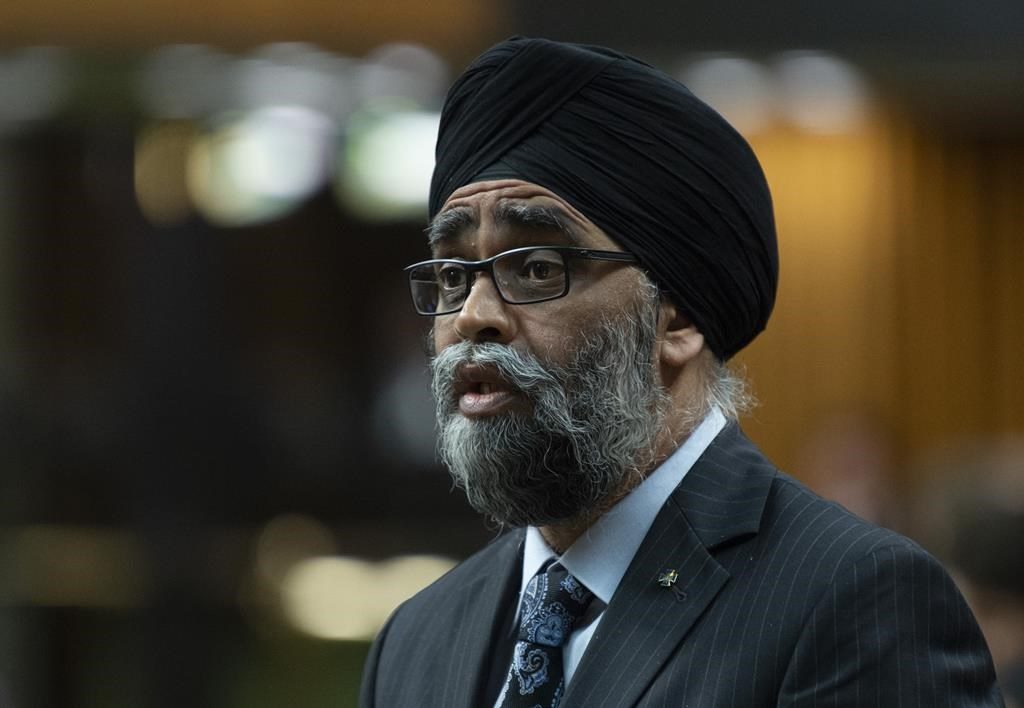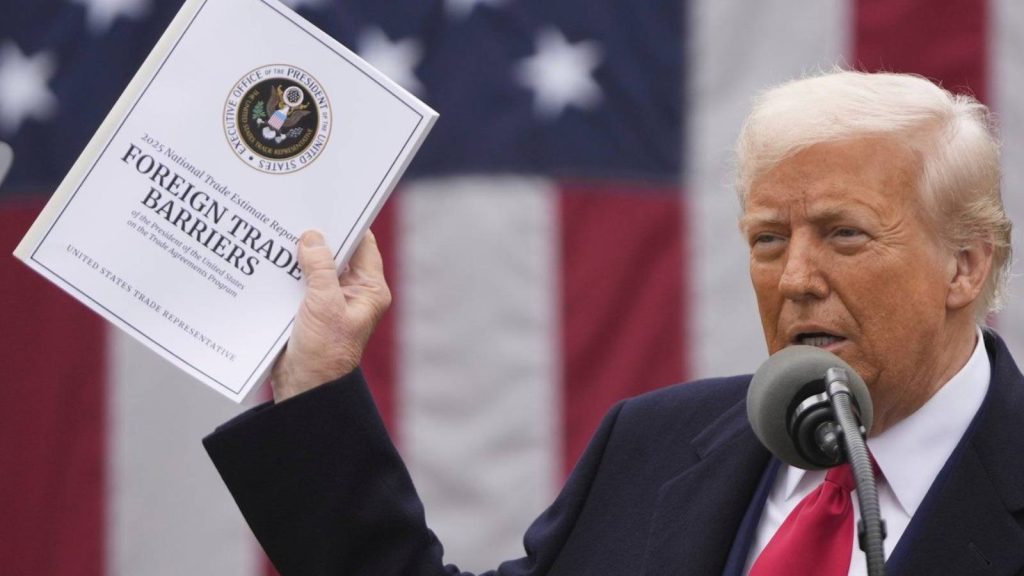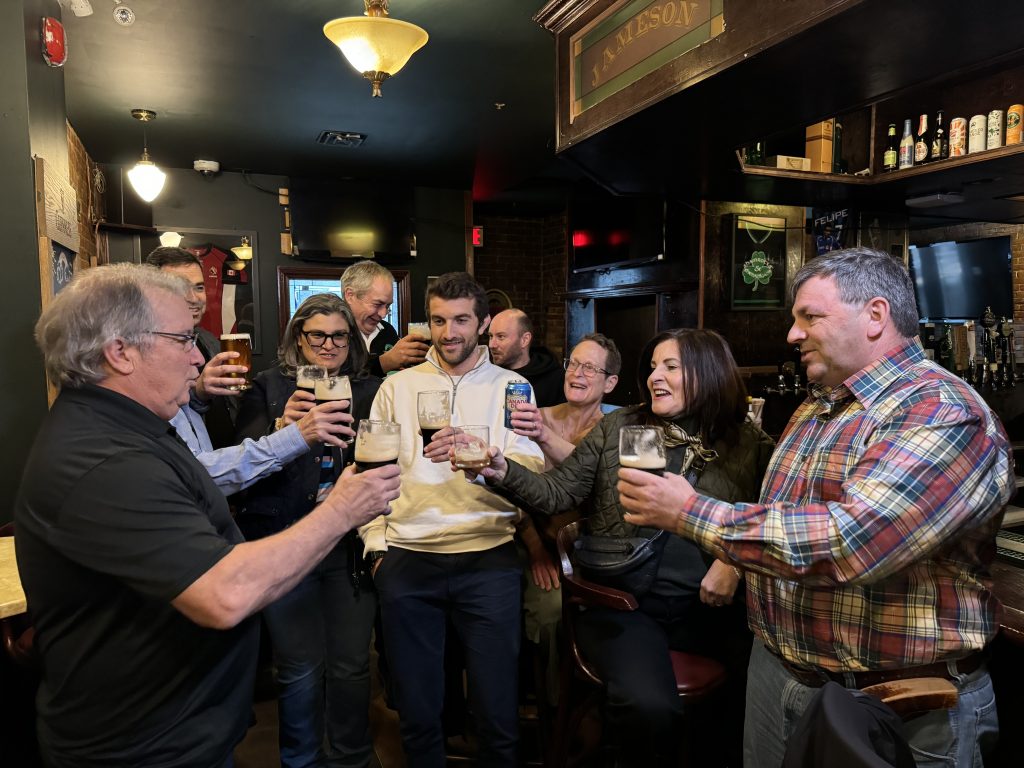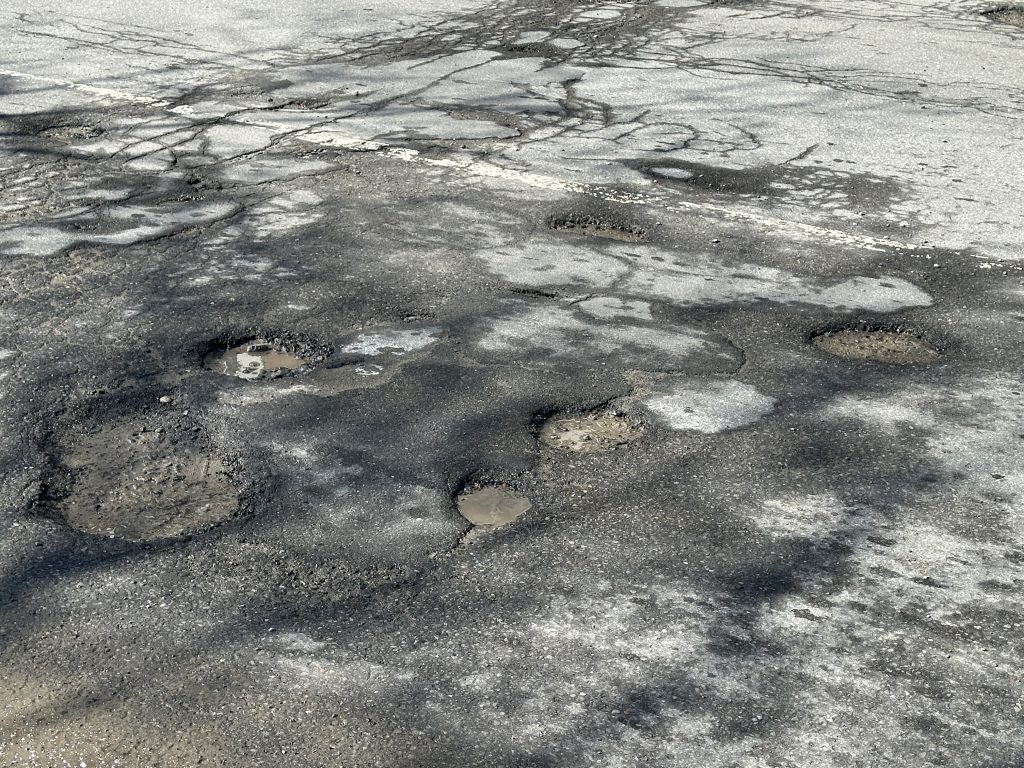Canadian Armed Forces ready to respond to COVID-19 pandemic

Posted March 30, 2020 10:27 am.
Last Updated March 30, 2020 11:00 pm.
This article is more than 5 years old.
OTTAWA (NEWS 1130) –The Canadian Armed Forces have a plan in place to support provinces during the COVID-19 pandemic, if called for help.
But the military is not being deployed, nor has any premier requested such assistance, yet.
“When Canada needs the Armed Forces, they are always there,” said Minister of National Defence Harjit Sajjan. “They showed in times of great difficulty, Canadians never face hardship alone.”
The domestic response plan includes three priorities: support efforts to slow the spread of COVID-19; provide support to vulnerable communities; and assist provincial and territorial partners with logistical support to municipalities, if needed.
The response plan would see armed forces mobilizing up to 24,000 regular and reserve force members, while still maintaining the ability to act should there be flooding or forest fires.
The Canadian Army has readied up to 10 regular force units, ready to support any request for assistance.
“They can play a critical role in providing humanitarian support and delivering supplies,” Sajjan said.
READ ALSO: Canada keeps up push for UN Security Council seat during COVID-19 crisis
Reservists and Canadian Rangers are also being brought into full-time service as part of an integrated response, he added.
“These flexible teams are capable of operating as local response forces to assist with humanitarian support, wellness checks, natural disaster response and other tasks, as required,” he said.
Over 50 ranger patrols will be available to respond to the needs of northern, remote and Indigenous communities, he added.
The Royal Canadian Air Force and Royal Canadian Navy are also ready to support the COVID-19 response plan.
“We are moving forward with this plan to help support Canadians no matter where they live, when and where it is needed,” Sajjan said.
He added, the national defense team has not received any formal requests for support.
MP Pablo Rodriguez, government leader in the House of Commons, reiterated the federal government is not planning to deploy the armed forces at this time, nor is it invoking the Emergencies Act.
He added the federal government has daily discussions with provincial and territorial leaders.
“No premier has asked us to deploy our troops,” he said through an interpreter.
“We are ready to intervene if a premier ask us, officially, to do so,” Rodriguez added.
“The planning the Armed Forces has done will allow them to deploy quickly to help Canadians who need that help, and we’ll be there for all Canadians, regardless of where they are. We won’t forget anybody.”
Meanwhile, Canada’s chief public health officer said 220,000 people have been tested for COVID-19. Dr. Theresa Tam added three per cent have been confirmed positive, and 93 per cent confirmed negative.
She said of the over 6,000 cases diagnosed so far, seven per cent have required hospitalization, three per cent are critical, and one per cent have been fatal
The national death toll from COVID-19, as of Monday, was at 89, with one each now in Manitoba and Newfoundland and Labrador. Ontario has the most, with 33, followed by Quebec, 25, then B.C., 19, and Alberta, eight. Saskatchewan has recorded two.
The number of reported cases of the coronavirus surpassed 7,400.








